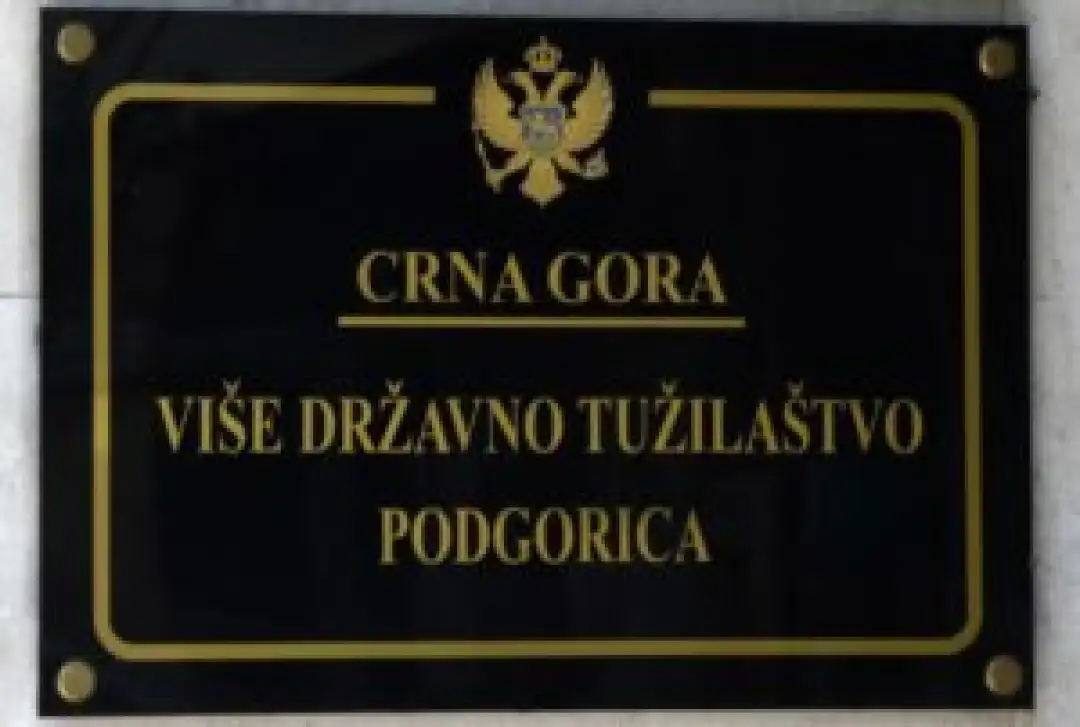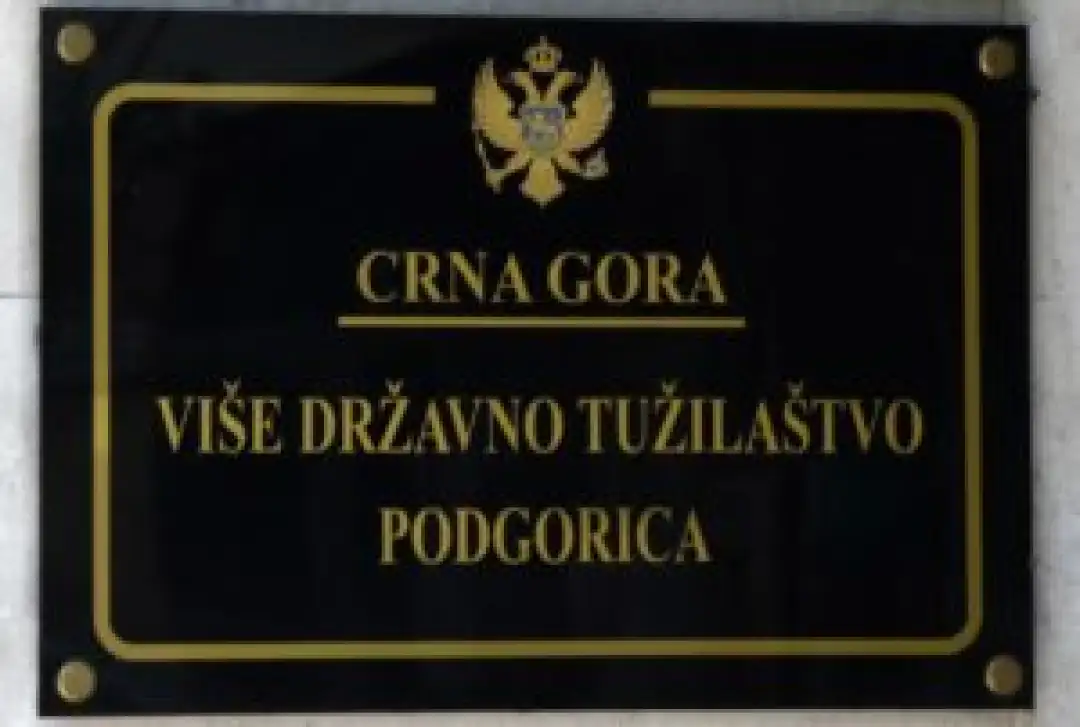Justice at a Crossroads: Montenegro and Serbia’s Battle Against Corruption and Pressure
Significant Progress in Montenegro – But Is It Enough? The European Commission has praised Montenegro for significant progress in the rule of law, especially in fighting organized crime and corruption. The Supreme State Prosecutor’s Office (VDT) was highlighted as a success story, with increased investigations and indictments, including cases against high-ranking officials. The report also commended the strengthening of prosecutorial capacities, the appointment of new state prosecutors, and international cooperation in complex investigations.
However, despite these achievements, public skepticism and criticism from some officials questioning the prosecutor’s work persist. The VDT emphasizes that evaluations should be based on objective indicators, not sweeping claims. According to an OSCE survey, public trust in the prosecution is steadily rising – 64.1% of citizens trust the VDT, and 61% believe the prosecution operates independently and impartially.
Serbia: Prosecutors Under Attack and Pressure – Justice in Chaos? In Serbia, the situation resembles a political thriller. The Chief Public Prosecutor of the Higher Public Prosecutor’s Office in Belgrade has proposed an extraordinary session of the High Prosecutorial Council due to external unlawful pressure on prosecutors. In just the past week, the chief prosecutor has been the target of brutal attacks, lies, and targeting, with some prosecutors also under fire.
The prosecution states that false and inaccurate publications attempt to portray the chief prosecutor as someone abusing powers to persecute opposition activists. Meanwhile, illegal protests and street violence further complicate matters, with prosecutors often the only barrier preventing chaos from spreading.
Brutal comments and threats circulate on social media, and calls for the chief prosecutor’s dismissal come from political and informal groups. The prosecution demands the High Prosecutorial Council urgently condemn such pressures and threats, as previous responses have been marked by delays and evasions.
What’s Happening to Justice Systems in the Region? While Montenegro receives praise for progress in fighting corruption and strengthening judicial independence, Serbia struggles with pressures, attacks, and political games undermining prosecutorial work. Is this a sign that justice in the region is heading in two very different directions?
In Montenegro, despite criticism, public trust in the prosecution grows, whereas in Serbia, prosecutors face pressure and attacks, and the judiciary is caught in political conflicts and social unrest.
Conclusion: Justice Tested on Trust and Independence The fight against corruption and organized crime is crucial for both countries’ futures. Yet, while Montenegro shows it can progress and build trust, Serbia faces serious challenges in maintaining judicial independence.
Will justice in Serbia manage to withstand pressures and remain a pillar of democracy? Will Montenegro continue strengthening its institutions or face new obstacles?
We leave you with these questions – and you? Is justice in the region on the right track, or is it all just a show for the public? Drop a comment, share your thoughts, or just throw in a funny justice meme – because let’s face it, we all love a little drama!
Sources:
- European Commission Report on Rule of Law in Montenegro
- Statement from the Supreme State Prosecutor’s Office of Montenegro
- Statement from the Higher Public Prosecutor’s Office in Belgrade
- OSCE Survey on Public Trust in Justice








